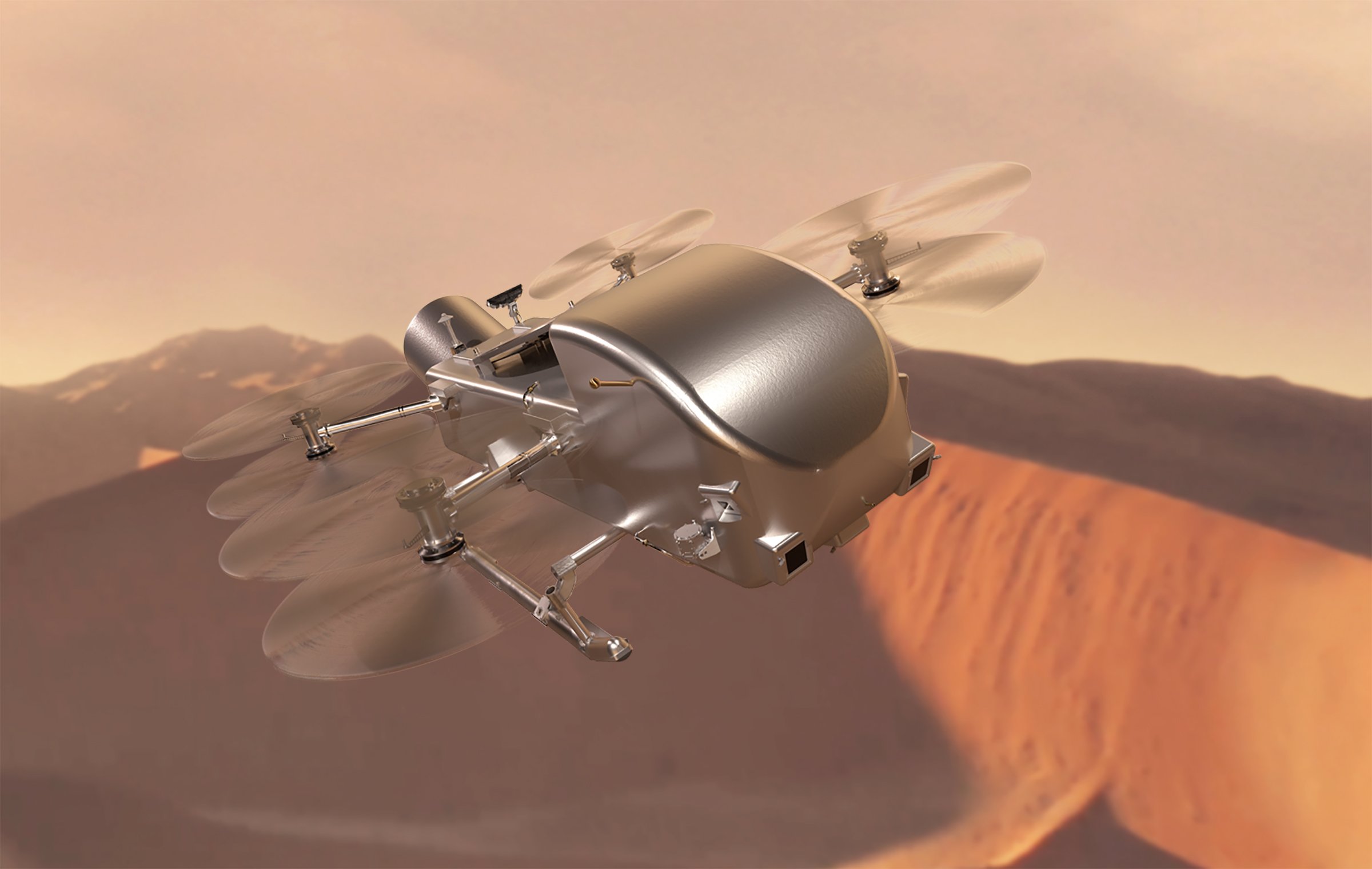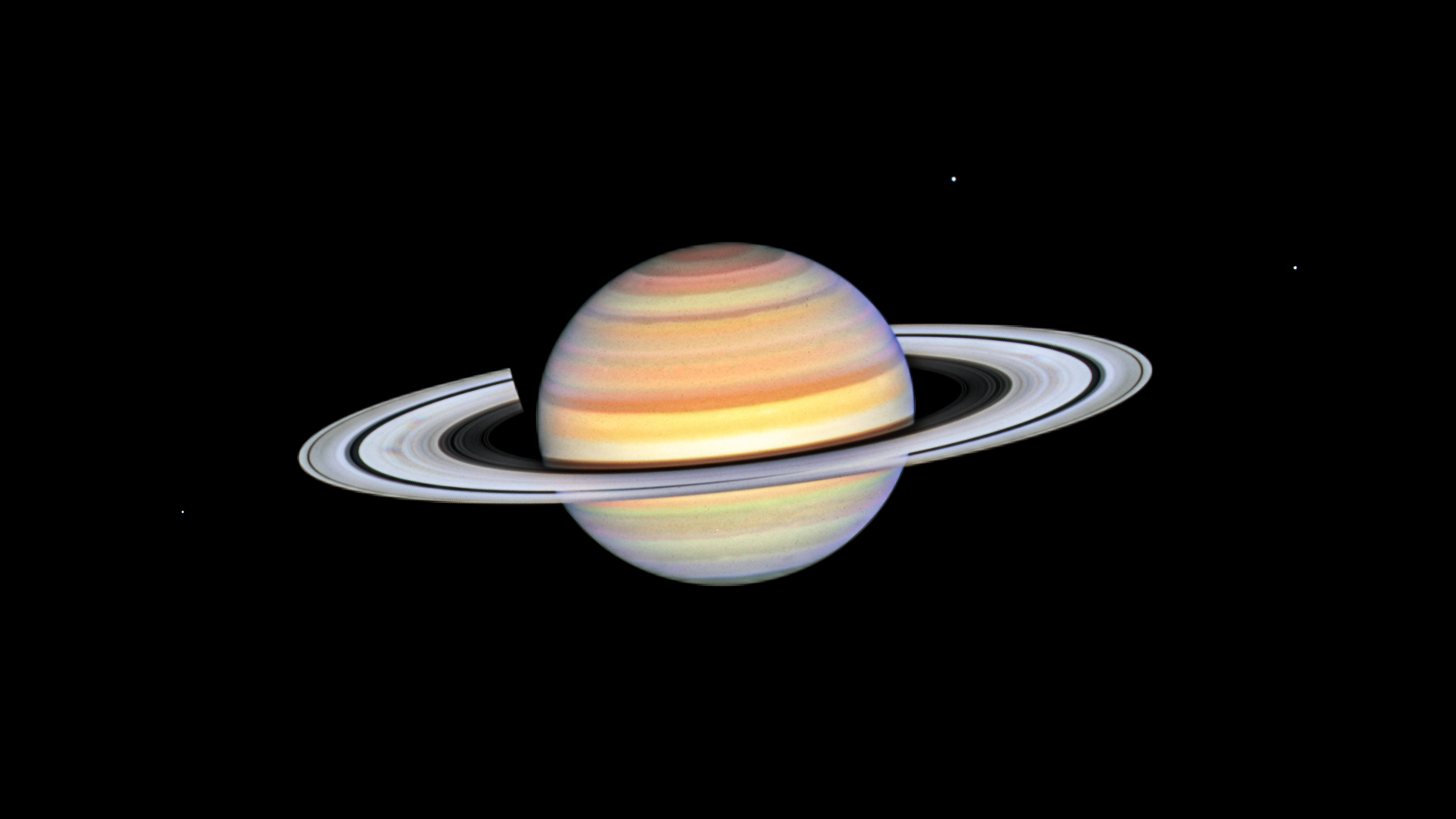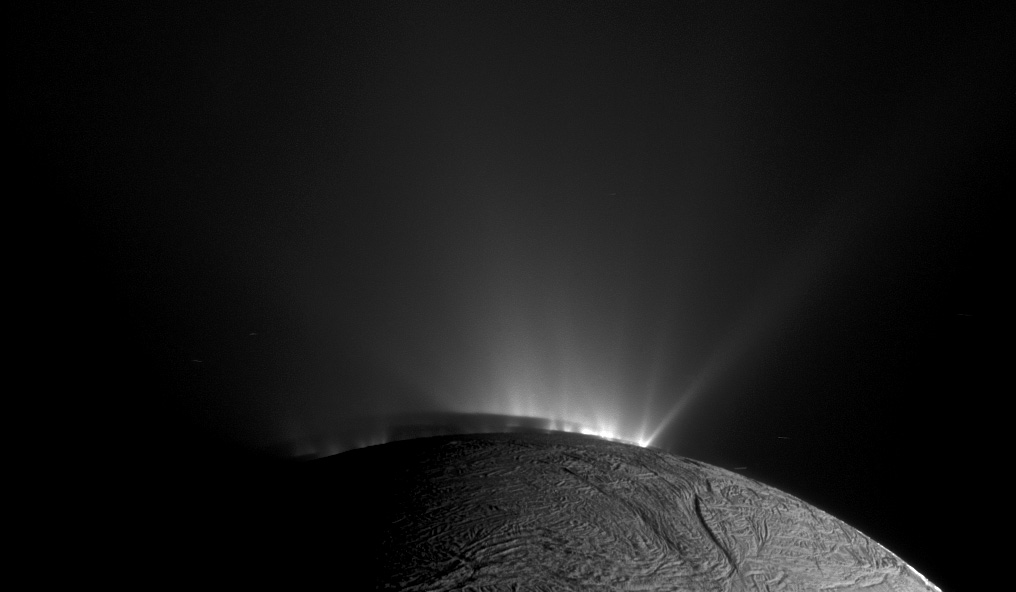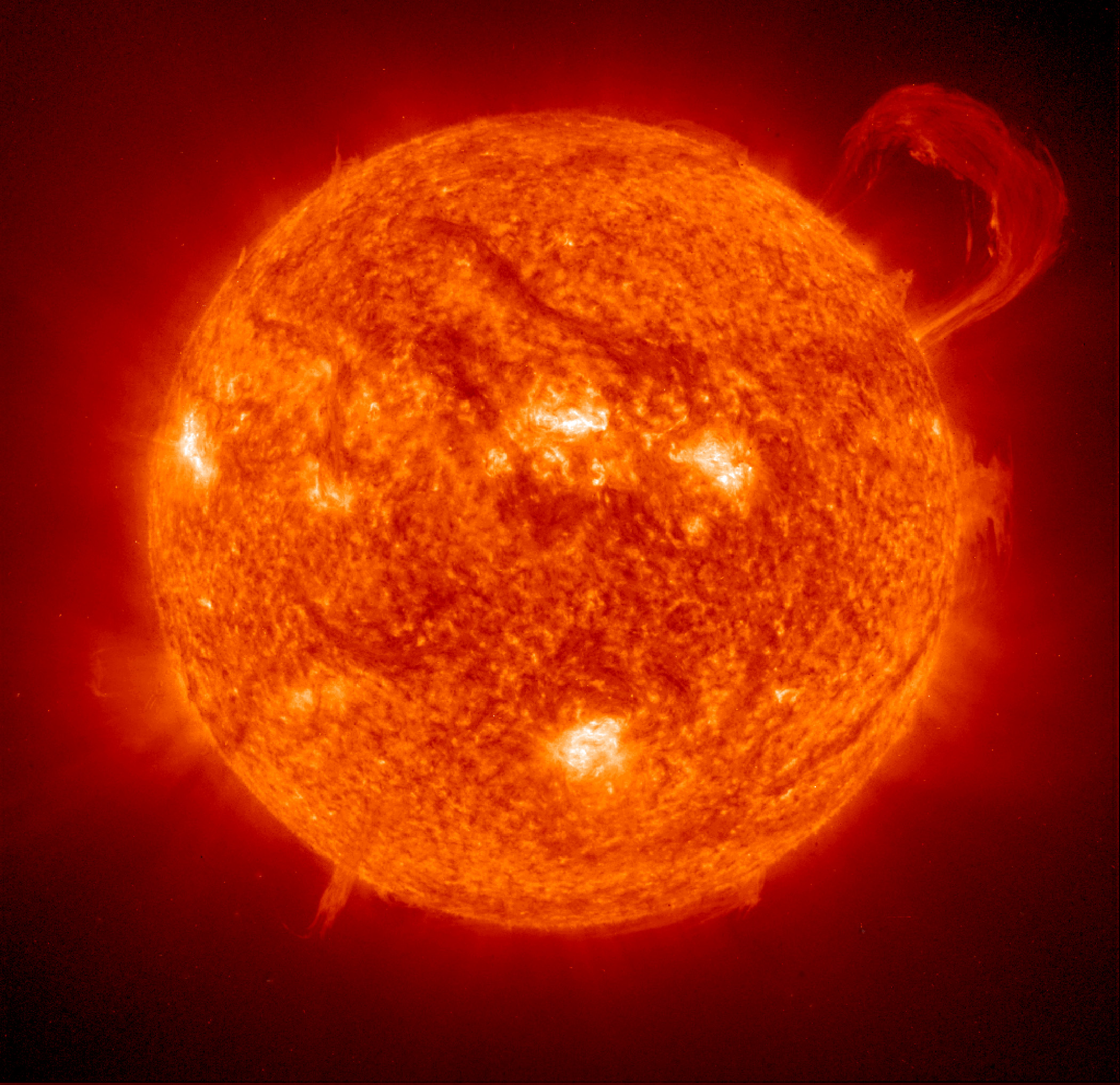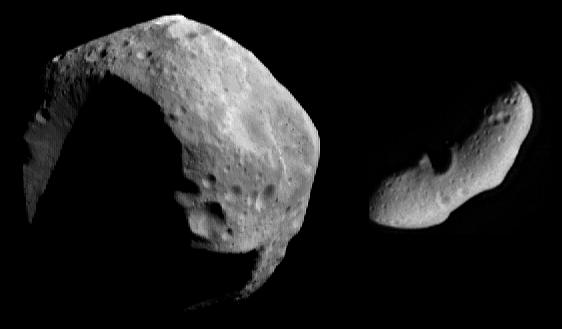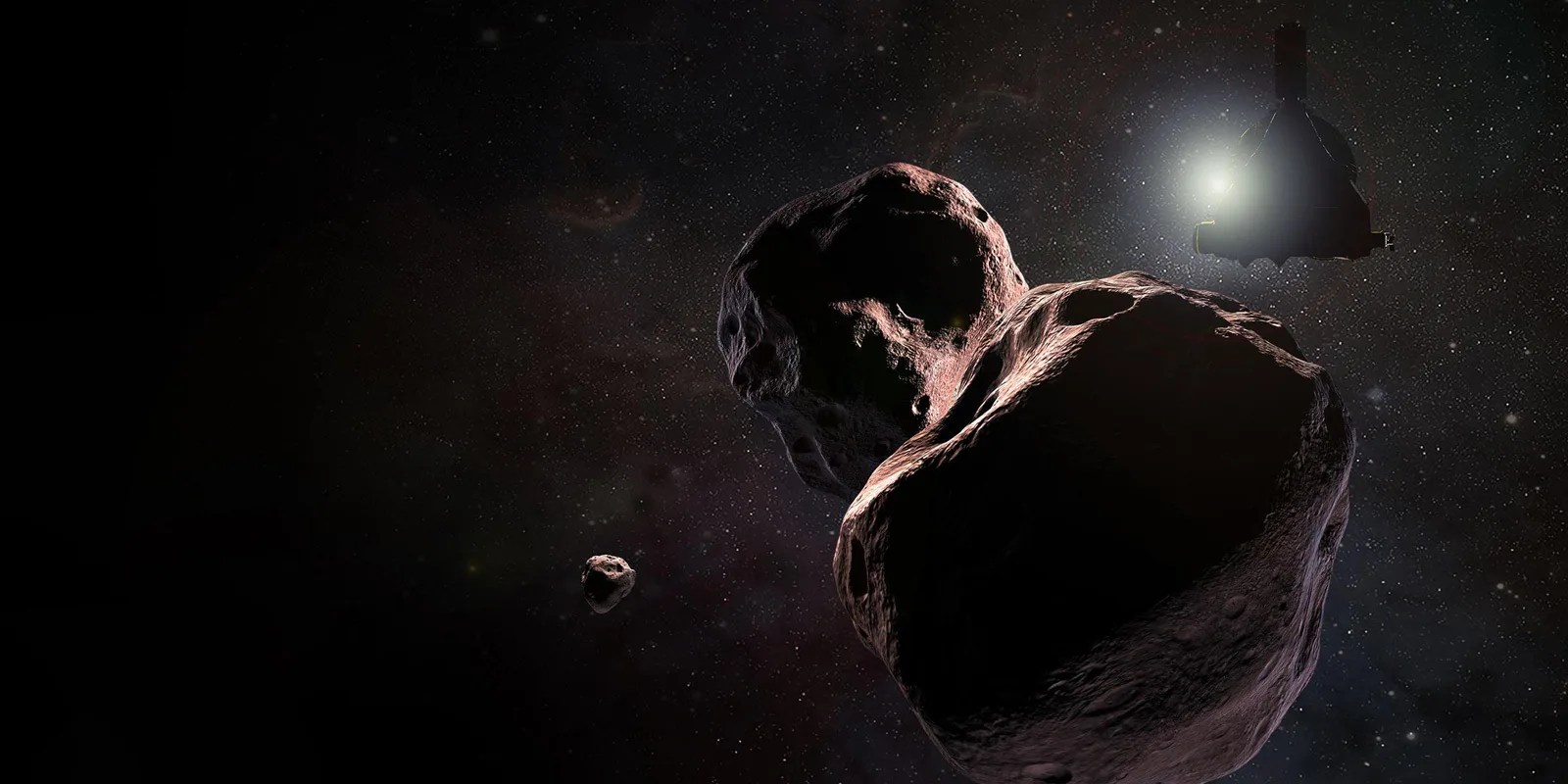3 min read
Cassini Significant Event Report
For Week Ending 01/03/03
The most recent spacecraft telemetry was acquired from the Goldstone tracking station on Wednesday, January 1. The Cassini spacecraft is in an excellent state of health and is operating normally. Information on the spacecraft's position and speed can be viewed on the "Present Position" web page.
On-board activities this week included Radio and Plasma Wave (RPWS) High Frequency Receiver calibrations, checkout of the new RPWS flight software, execution of the RPWS looper program #2, and an RPWS periodic instrument maintenance. Spacecraft activities included clearing of the ACS high water marks, and an autonomous Solid State Recorder Memory Load Partition repair.
The Radio Science Gravitational Wave Experiment #2 continues successfully after four weeks of operations. It was previously reported that there was a drop-off in Ka-band transmitter uplink power when the X-band transmitter tripped off. The cause has been narrowed down to a common motor-generator power supply that both transmitters share. When the X-band transmitter fails and is brought back up, the Ka-band transmitter gets thrown out of calibration. This problem showed up again on DOY 356, when the Ka-band and X-band transmitters were turned on. The Ka-band transmitter uplink power was 240 Watts instead of the nominal 600 Watts, due to X-band transmitter problems noted in the last report. Both transmitters were turned off. At the request of Radio Science, only the Ka-band transmitter was turned back on after it was calibrated. Since then, and typically during the last two weeks, both Ka-band uplink and X-band uplink operations have been normal.
The third and final input port for science operations plan development of tour sequences S13/S14 was completed. The merged product was delivered to ACS for their final end-to-end pointing checks for these sequences at this stage of development. S13/S14 development completes on January 14.
After reviewing statistics for the month of November, Cassini outreach reported that the total number of unique visitors to the Cassini Web site had almost doubled from its previous high, going from 49,110 visitors in October to 93,325 in November. The increase is apparently due to the release of the first Cassini image of Saturn on November 1.
Additional information about Cassini-Huygens is online at http://saturn.jpl.nasa.gov.
Cassini will begin orbiting Saturn on July 1, 2004, and release its piggybacked Huygens probe about six months later for descent through the thick atmosphere of the moon Titan. Cassini-Huygens is a cooperative mission of NASA, the European Space Agency and the Italian Space Agency. JPL, a division of the California Institute of Technology in Pasadena, manages the mission for NASA's Office of Space Science, Washington, D.C.
Media Relations Office
Jet Propulsion Laboratory
California Institute of
Technology
National Aeronautics and Space
Administration
Pasadena, Calif. 91109.
Telephone (818) 354-5011

